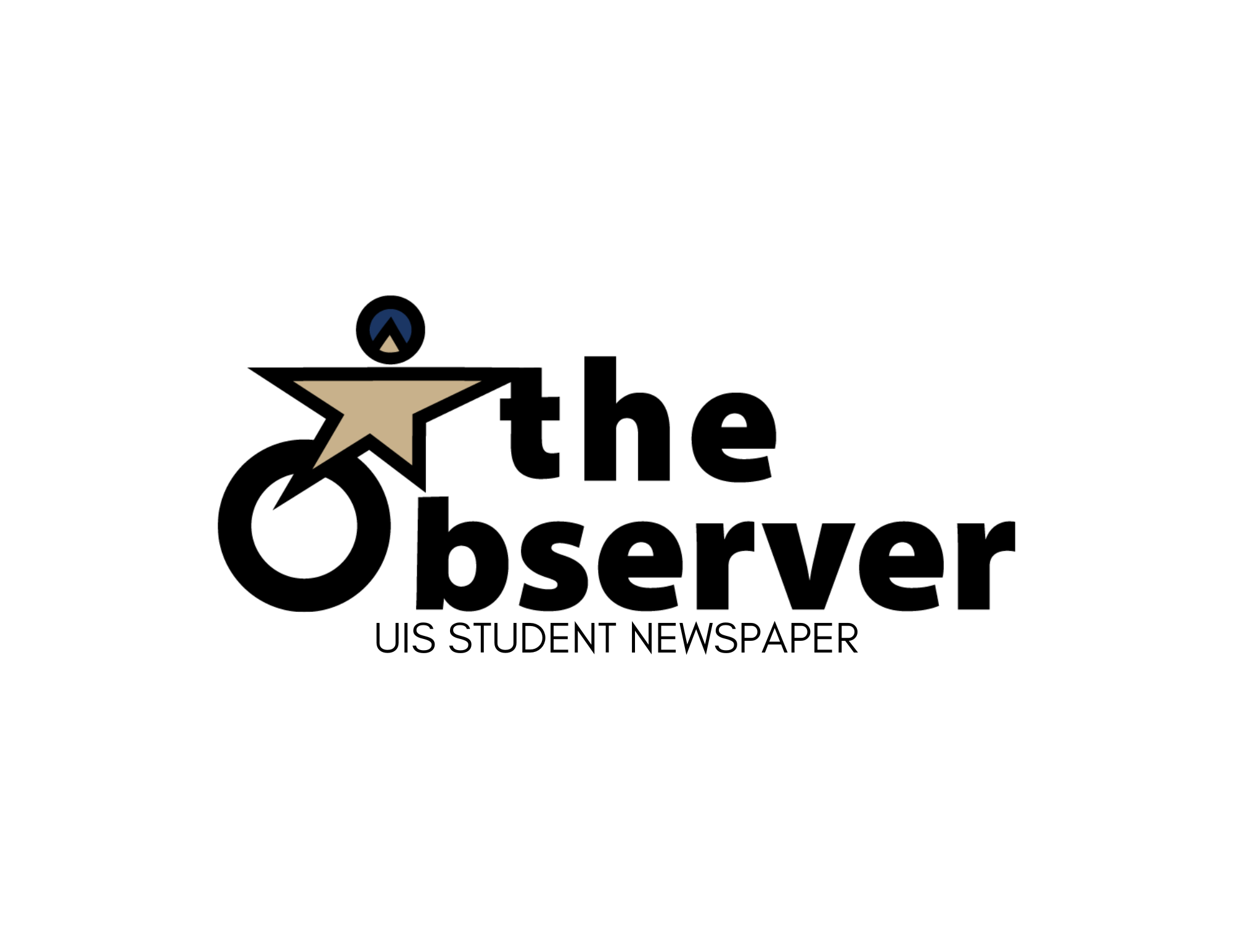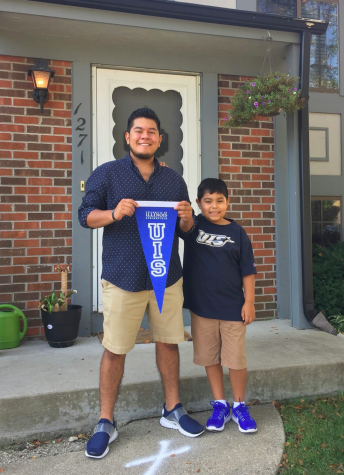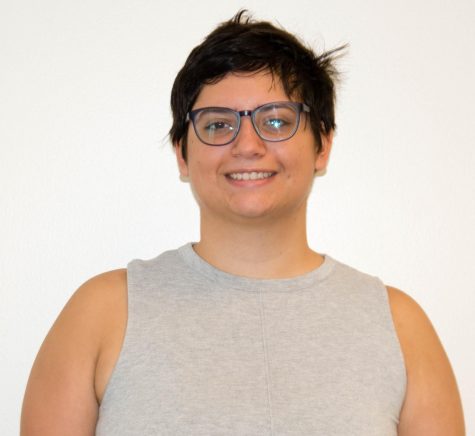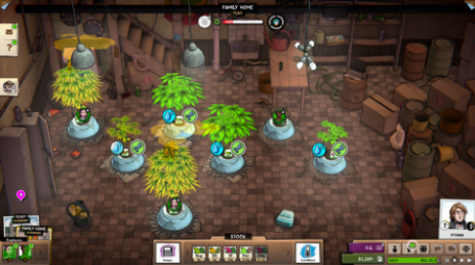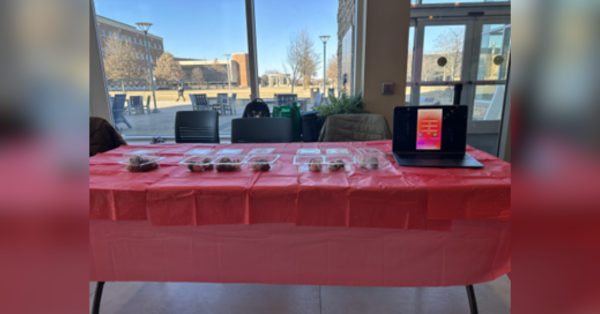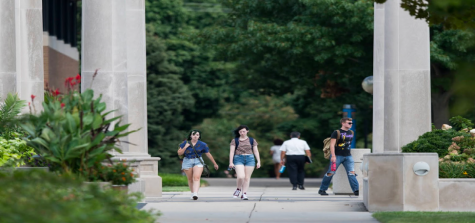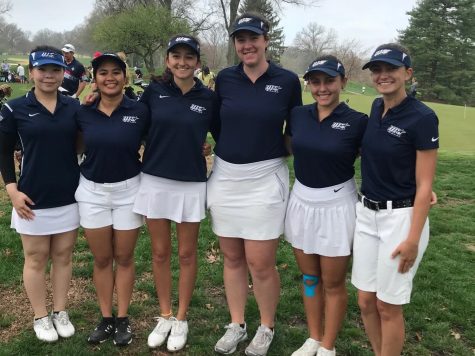UIS to Celebrate Women’s History Month

The Women’s Center is partnering with many organizations and departments, including Gender and Sexuality Student Services, to celebrate Women’s History Month (WHM) at UIS.
The theme for this year is “Nevertheless, we persisted,” which was chosen by the Women’s History Month organizing committee to demonstrate the intersectional nature of this year’s events.
The first event will be a Women’s Center open house to talk about the planned events for the month.
Those in attendance will also be able to plant their own succulents and decorate the pots with inspirational quotes. Succulents were specifically chosen both because of their current popularity and because they match the theme in being “persistent little plants.”
Another event will be the Chancellor’s Women in Leadership Reception, on March 26, which will include a panel discussion with five to six community leaders and an opportunity to network with alumni and various women leaders.
There will also be opportunities to volunteer with groups such as Sojourn Shelter and Services and Inner-city Mission through the Volunteer and Civic Engagement Center. The Career Development Center will be holding a salary negotiation workshop.
Keona Ervin, assistant professor of African-American history and faculty affiliate in the department of black studies at the University of Missouri-Columbia will deliver a presentation as part of the ECCE: Speaker Series. The end of Women’s History Month will transition into the start of Trans-Visibility Week, and the Women’s Center will be holding a vigil on March 27 to honor trans women of color.
All of these WHM events are open to people identifying anywhere on the gender spectrum, whether masculine, feminine, non-binary otherwise. Rexanne Whorton, the program director at the Women’s Center, said about WHM that “This is Women’s History Month, but…women’s history is our history…so we are hoping that people will come to these events that identify from a wide range of genders, race…and that there’s still something they can take away from the event.”


